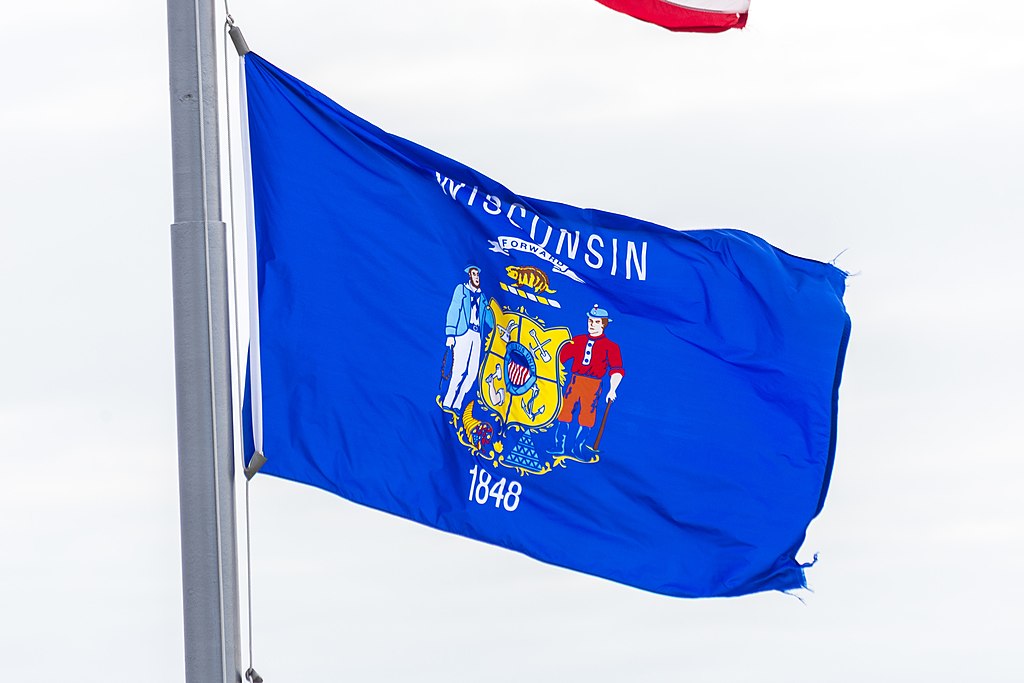Incumbent Tony Evers (D) and Tim Michels (R) are running in the general election for governor of Wisconsin on Nov. 8, 2022.
Recent polls have not shown either candidate to have a statistically significant lead. The Cook Political Report, Sabato's Crystal Ball, and Inside Elections rate the election as a toss-up.
Evers was elected in 2018, defeating then-incumbent Gov. Scott Walker (R) by a margin of 1.1 percentage points. Evers' campaign website says he has "worked to bring people together around common sense solutions that make Wisconsin stronger" and names "signing a bipartisan income tax cut, fixing thousands of miles of roads and bridges, investing in apprenticeships and job training programs, and increasing resources for our public schools" among his accomplishments. "While Republicans want to divide us, I’m focused on delivering results that matter," Evers said.
Before being elected governor, Evers served as Wisconsin superintendent of public instruction for 10 years and as deputy superintendent for eight years before that.
Michels is co-owner and vice president of an energy and infrastructure construction company. He previously served in the U.S. Army for 12 years. Michels describes himself as "a businessman, not a politician." After winning the Republican nomination, Michels said, "[T]his race has always been about ... standing up for the hard-working people of Wisconsin. They've been left behind by the Democratic Party that just wants to focus on the social issues. From my first day in office to my very last day as governor, jobs and the economy are going to be my number one priority."
Michels won the August 9 Republican primary with 47% of the vote to former Lt. Gov. Rebecca Kleefisch's 42%. Former President Donald Trump (R) endorsed Michels in June 2022. In 2004, Michels was the Republican nominee for U.S. Senate in Wisconsin and lost to then-incumbent Sen. Russ Feingold (D) 55% to 44%.
Joan Ellis Beglinger (Independent) withdrew from the gubernatorial election on Sept. 4, 2022, and endorsed Michels.
The Associated Press' Sara Burnett and Scott Bauer wrote of the election, "The person elected governor this fall will be in office for the presidential election and will be able to sign or veto changes to election laws passed by the Republican-controlled Legislature. The next governor ... also may sway decisions on issues from abortion to education and taxes." Burnett and Bauer described Wisconsin as "a state that is almost evenly split between Republicans and Democrats and where 2022 will be seen as a bellwether for the 2024 presidential race. ... Biden won the state by nearly 21,000 votes, four years after Trump narrowly won the state by roughly the same margin."
Heading into the 2022 election, Republicans have majorities in the Wisconsin State Senate and the Wisconsin State Assembly. When Evers was elected in 2018, Republicans had held trifecta control of Wisconsin state government for eight years. Before that, Democrats had a trifecta for two years.
Wisconsin is one of seven states where the lieutenant governor is nominated in a separate primary but runs on a single ticket with the gubernatorial nominee in the general election.



